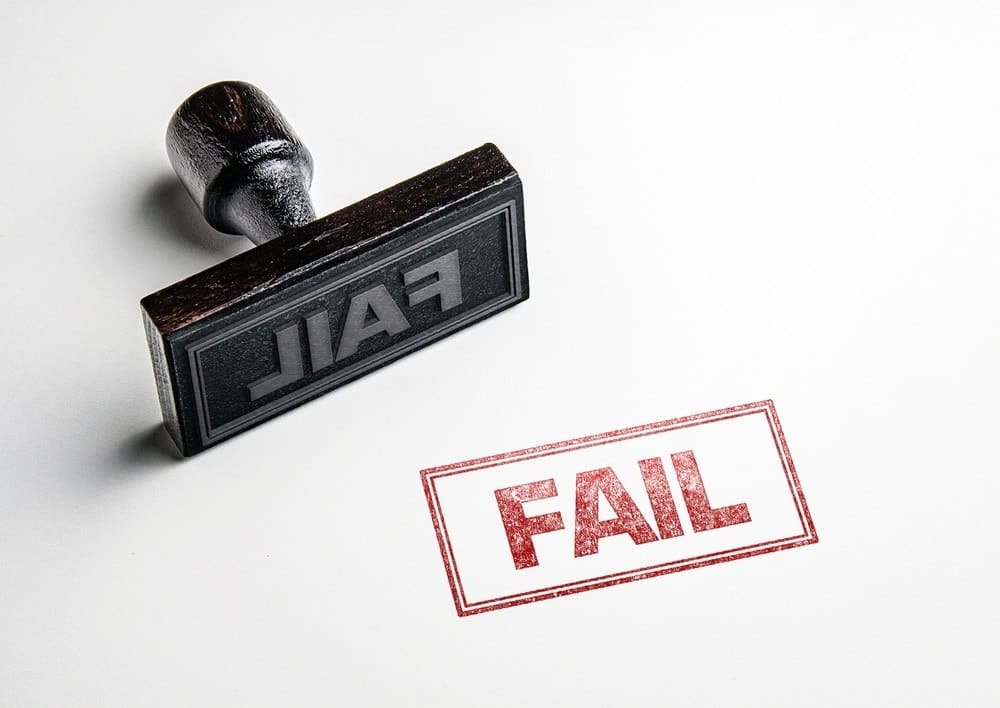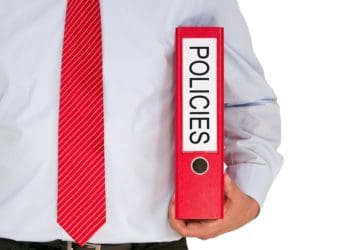Risk
Risk refers to threats an organization faces -- loss of earnings, loss of reputation, or harm of any kind. These articles explore the challenges of preventing, identifying and mitigating risk.
Risk can come in many forms, including financial issues, legal liabilities, strategic or leadership errors, or accidents and natural disasters. Today, IT- and data-related risks are growing concerns.
The following articles about risk look at the issue from many angles, especially from that of compliance officers and risk managers.
Outrageous Compliance, Part 3
If everyone is responsible for managing risk at your organization, you’re probably in for a bumpy road. Senior leaders have a different perception of what’s most critical than do front-line staff, so their approaches to risk management would naturally be quite different. It’s best to leave the job of risk discovery, assessment and mitigation to the pros.
5 Common Risk Management Failures
It’s easy to identify in hindsight where risk management failed, and taking a look at past ERM failures can actually provide great insight into what went wrong and why. Jim DeLoach offers insight into some of the lapses in risk management companies experience most frequently – along with indicators you can be on the lookout for to keep your organization...
Outrageous Compliance
Risk and compliance self-assessments aren’t the truest indicators of actual risk exposure. So you could say there’s an inherent risk in performing a risk self-assessment. Not only is there no real science behind them, the outcome of an RCSA is entirely subject to one’s memory. A self-assessment can be a good jumping-off point, but it can’t be your sole method...
12 Steps to Make ERM a Team Sport
Enterprise risk management isn’t meant to be a one-man show. Or a one department show, for that matter. It’s necessary to have the Board’s buy-in and investment. If your firm hasn’t come that far yet, here are a number of simple tips that can help improve your ERM, regardless of where your existing processes stand.
Social Media Sites: An Open Door for Financial Fraud
As the use of social media becomes intertwined with daily business activity, a new threat is emerging: hackers are finding new ways of impersonating genuine business contacts, often portraying colleagues via fake profiles in order to gain access to sensitive data that can be used to commit fraud.
Using an Effective Policy Structure to Establish Risk Accountability
A large part of effective enterprise risk management is ensuring your policies don’t incentivize (unacceptably) risky behavior. A balance must be struck between revenue generation and risk oversight, and setting clear accountabilities for risk is integral to achieving that balance.
Board Oversight of Management’s Risk Appetite and Tolerance: What Does it Really Mean?
Improved Board risk oversight may be the most important factor in preventing corporate governance breakdowns. This theory is picking up steam among experts, and the expectation now is that Boards should oversee management’s risk appetite and tolerance and ensure alignment with its own.
Understanding Your Risk Profile
There are significant limitations intrinsic to the traditional approach to risk assessment, which is why a more robust assessment is preferable. Certain categories of risk (strategic, operational, finance, and compliance, for instance) have unique characteristics that cannot be adequately accounted for in a basic assessment.
Question Everything: Effective Due Diligence and Third-Party Risk Management
With almost every FCPA enforcement action involving third party misconduct in one form or another, shouldn’t companies devote more resources than ever to due diligence and third-party risk management systems? There’s no magic formula to implementing an effective system. It just takes two things: commitment and common sense. Every company knows how to do it. But not every company commits...
5 Steps To Good Social Media Governance
Compliance with regulatory requirements can get complicated when companies in highly regulated industries take to social media. Subject matter expert Joanna Belbey offers five steps to ensure that when your company posts, they do so purposefully, knowledgeably and well within the bounds of the law.
Investment Advisers and the Bank Secrecy Act: A Risk-Based Response to FinCEN’s Call to Arms
Earlier this month the New York State Department of Financial Services announced proposed anti-money laundering and terrorist financing regulations. If adopted, the proposed rules will subject investment advisers to Bank Secrecy Act requirements for financial entities. Regulatory and private scrutiny of compliance programs is expanding, as is the cost of compliance...
Identify and Manage Your “Trust Positions”
We’ve established that it’s prudent to keep an eye on your top performers for the sake of risk management , but they’re not the only staff you ought to be watching. There are plenty of contributors who fly under the radar yet play highly important roles in the organization. Do you know which are the “trust positions” in your organization?

















